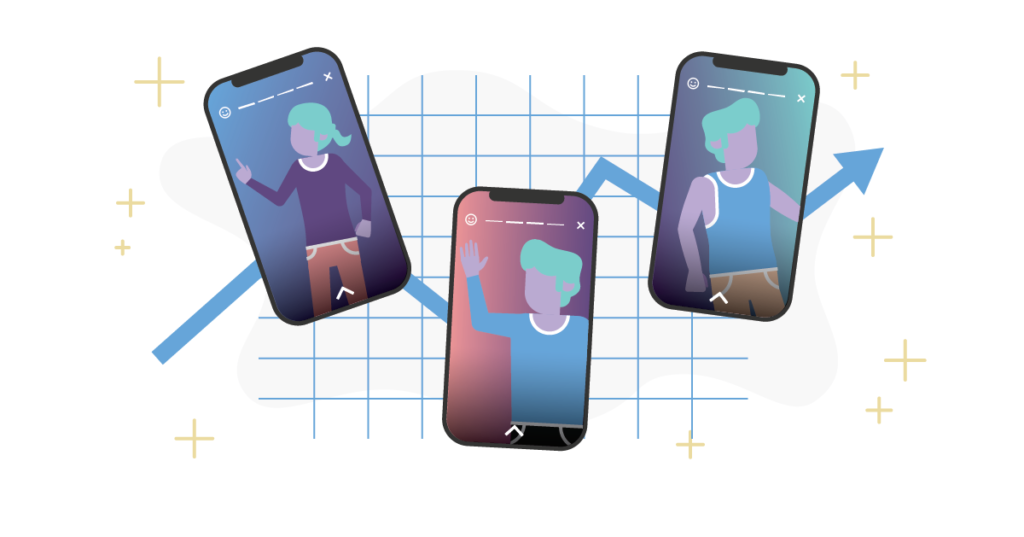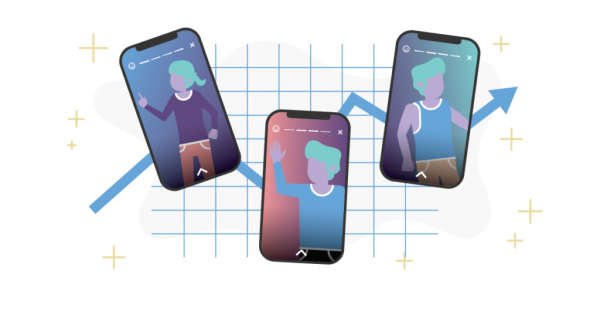Social media has arguably produced more influencers than any other media known to man. In recent years, we’ve seen a significant rise in what we could call micro-influencers in Nigeria’s social media space. These micro-influencers are people with smaller yet loyal and engaged followings.
Read more about Business
Unlike larger influencers or celebrities, micro-influencers are often seen as authentic, relatable, and trustworthy. This gives them a unique advantage, especially in local markets or among the young population, where they can shape purchasing decisions through genuine connections with their followers. As a business owner, leveraging micro-influencers could be an effective and affordable strategy for your business in reaching new audiences. This post writes more on this and how you could jump on this.
Why Micro-Influencers?
Micro-influencers have between 10,000 and 100,000 followers, typically with high engagement rates and focused niches. These influencers often appeal to a specific demographic, such as fitness enthusiasts, fashion lovers, or foodies, which allows them to build strong, personal connections with followers. Nigerian audiences value relatable voices, and micro-influencers who understand the local culture, slang, and everyday realities make their content highly relevant.
For example, a beauty brand working with a micro-influencer in the skincare niche can communicate directly with a community already interested in beauty and skincare, making conversions easier. Micro-influencers could be said to be more engaging than their celebrity counterparts, especially when they have built trust over time by consistently sharing high-quality, relatable content. This authenticity is important because consumers in Nigeria, like many others, have become more sceptical of traditional advertising methods and celebrity endorsements, which often feel impersonal.
Choosing the Right Micro-Influencers for Your Brand
Selecting the right influencers for your business goes a long way in determining the success or failure of a campaign. Here are a few things you should consider:
-
Audience Relevance
Ensure the influencer’s audience aligns with your target market. If you’re selling health products, an influencer in the fitness or wellness niche would be ideal.
-
Engagement Over Follower Count
Follower count does not always translate into engagement. So, look beyond the number of followers. High engagement rates often mean that the audience trusts the influencer and that could be critical for driving sales.
Sign up for the Connect Nigeria daily newsletter
-
Content Quality
Evaluate the type of content they post and how it aligns with your brand values. Many Nigerian micro-influencers excel in storytelling and creativity, which can make your campaign feel more authentic and connected.
Micro-influencers offer a more personal touch to brand promotion unlike macro-influencers such as celebrities, TV personalities, athletes, or thought leaders whose approach can become less personal, potentially decreasing engagement rates. Micro-influencers integrate brands naturally into their lives, making their endorsements feel more like friendly recommendations than hard sales tactics. When their values align with your brand, this connection becomes even stronger.
To effectively leverage micro-influencers, you should offer value in return. This might include free products, exclusive experiences, or commission-based payments. Collaborating in this way is often more cost-effective than working with larger influencers, especially if you’re still a small business with limited budgets.
In addition, allowing influencers creative freedom can lead to more authentic promotion. Rather than providing a strict script, encourage them to express why they like your product or service in their style. This freedom makes the promotion feel natural to their followers, which ultimately enhances credibility and engagement.
Measuring the Impact
One of the challenges identified with micro-influencers has to do with being able to measure the impact or ROI. According to Josh Darlington, Head of Sales, Europe at Creator(dot)co, an e-commerce marketplace for micro-influencers and brands with agency capabilities, based in North America and Europe, this is due to the fragmented reach of most micro-influencers.
Register to attend the Connect Nigeria Business Mixer
So, to gauge the success of your partnership with micro-influencers, he recommended that businesses should set clear metrics such as engagement rates, click-through rates, or sales generated through promo codes. Tracking these indicators helps you understand what resonates with your audience and whether the influencer is genuinely adding value to your business.
Find our comprehensive listings of businesses in Nigeria here (https://businesses.connectnigeria.com/)


